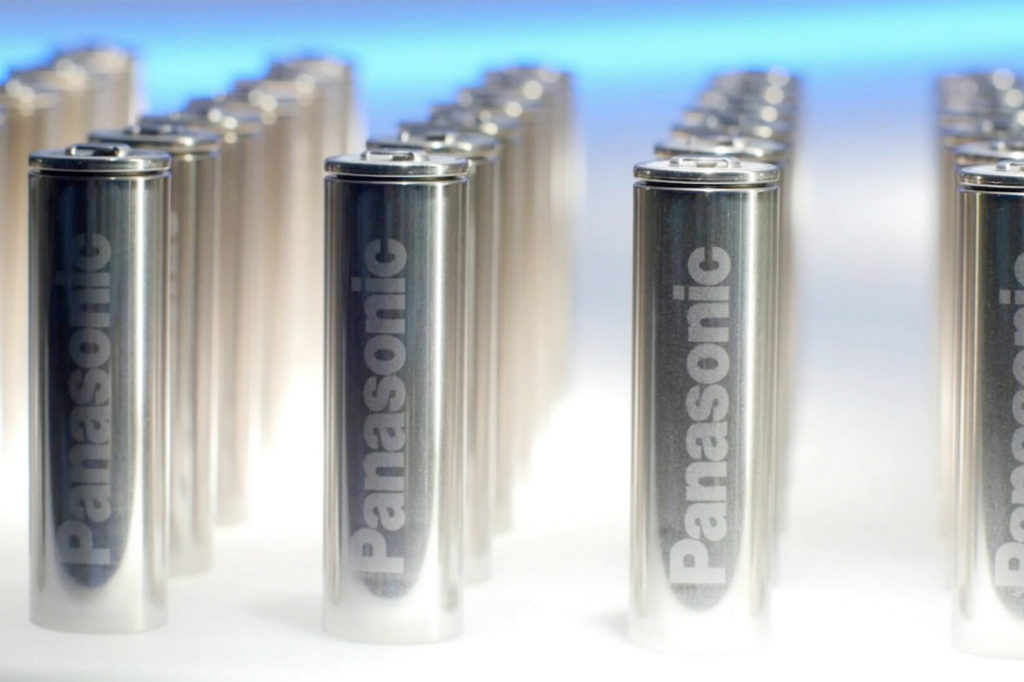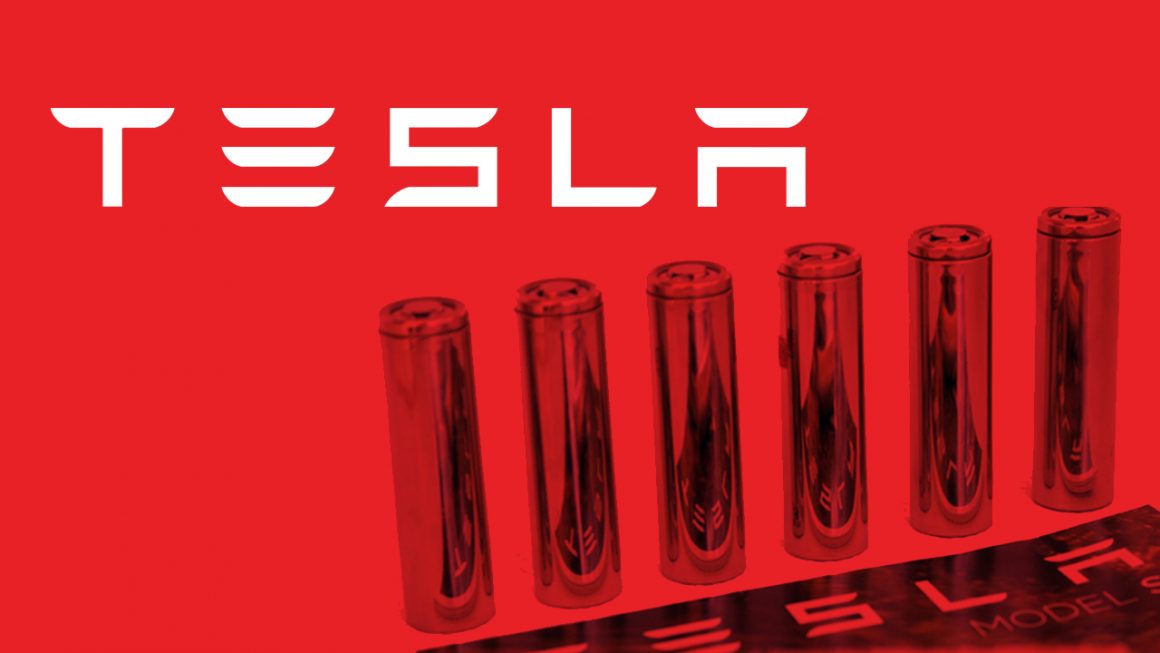In exclusive Reuters’ report, Panasonic has announced plans to increase the energy density of lithium-ion batteries supplied to Tesla by 20% in the next 5 years. However, the question of whether they are referring to both gravimetric and volumetric is still left unanswered.
Since 2017 Panasonic has produced cylindrical “2170” type cells for Tesla at Gigafactory Nevada. The batteries produced by the dream team are considered some of the most energy dense batteries not only on the cell, but also on the pack.
A 20% increase is quite the feat and will seemingly be broken up in to smaller steps with the first 5% improvement expected later this year. However, the Japanese company plans to start converting Gigafactory lines come September with improved technology that is already ready to go.

Panasonic also revealed that its current cobalt content in batteries for Tesla is possibly the lowest in the industry among high-energy dense cells, with a content of less than 5%. U.S. EV battery chief Yasuaki Takamoto told Reuters “Panasonic has already cut cobalt content to under 5% in the NCA cathode and plans to improve its batteries in stage.”
Whether it is improved technology of existing cells or the introduction of new chemistry, the ultimate goal is a cobalt-free battery within the next 2-3 years. Takamoto also stated “Panasonic Corp plans to… …commercialize a cobalt-free version in two to three years” adding “to control safety risks associated with higher density and less cobalt, Panasonic is adjusting the composition and design for better thermal stability.”
The Model 3 and Model Y are the only two Tesla models that currently use the 2170 batteries, but will later be joined by the Cybertruck. With Tesla Battery Day still expected to take place on September 22 we may get more details about this project sooner rather than later.

